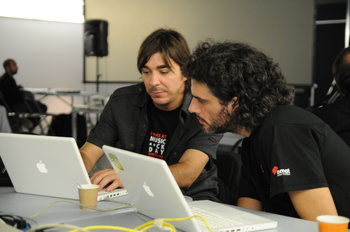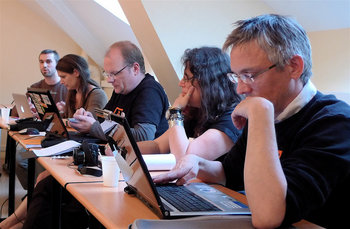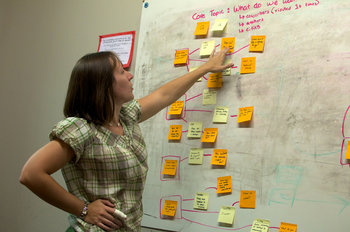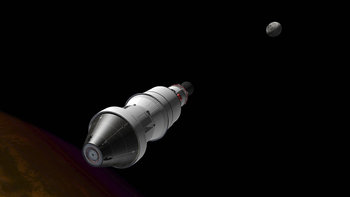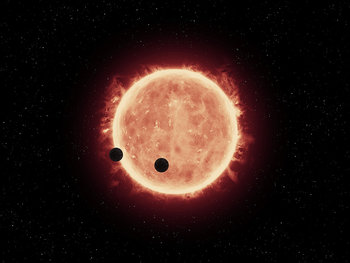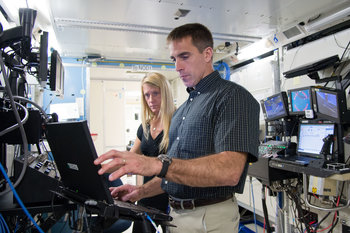
Data Rot
Data decays with time due to factors such as error rates on storage devices.Legacy Systems
Software becomes less reliable with time due to error rates in underlying devices, data and the logic of the software itself. For example, an instance of code on a storage device eventually becomes corrupted with time due to factors such as cosmic rays hitting the device. Replacing devices and upgrading software may reset this process.Aging
The Second Law of Thermodynamics is often used to describe a concept known as the Arrow of Time that suggests that some processes move in a one way direction with respect to time and can't be reversed. Aging is often included in this category. Living organisms aren't completely isolated systems and do things such as breathing that exchange order for disorder. In other words, aging is mostly one directional but a reset can't be completely ruled out.Wear & Tear
All physical things break down with time. This applies to isolated systems, meaning things that aren't continuously refreshed by the outside world. For example, a train that is repaired by a mechanic isn't an isolated system.Organizations
Organizations may become overly complex and inefficient with time. This can be thought of as entropy. Organizations aren't isolated systems as they hire new employees, acquire companies or implement technology from outside.Energy
Energy gets used with time. An isolated system that burns energy will eventually run out. For example, the composition of the Sun is constantly changing due to the process of nuclear fusion. When the Sun was born it was about 27.4% helium and now its about 60% helium.Information Theory
Entropy makes information more complex with time. The amount of information that is required to document the structure of a piece of wood is less than the information required to document the structure of the smoke that results when you burn the wood. In other words, disorder is more difficult to document than order. So according to the Second Law of Thermodynamics, it becomes more difficult to document the state of things over time.Universe
Entropy often comes up in theories about the ultimate fate of the Universe. For example, the Big Freeze theory states the Universe will eventually reach maximum entropy whereby energy reaches a state of disorder that makes it unusable for work or information storage. Such a state is cold, uniform and sparse with all things stopped. There is too much that is unknown about the Universe to confirm such a theory.| Overview: Entropy | ||
Type | ||
Definition (1) | The amount of disorder in a system. | |
Definition (2) | The amount of unavailable energy in a system. | |
Related Concepts | ||




